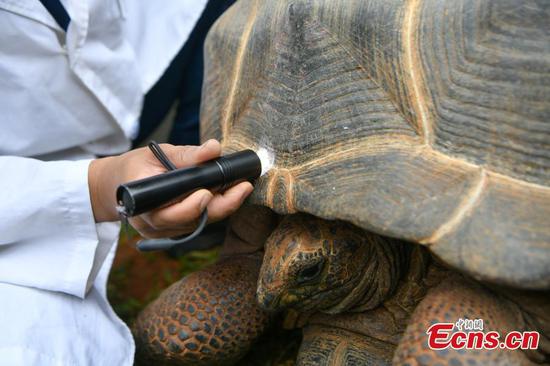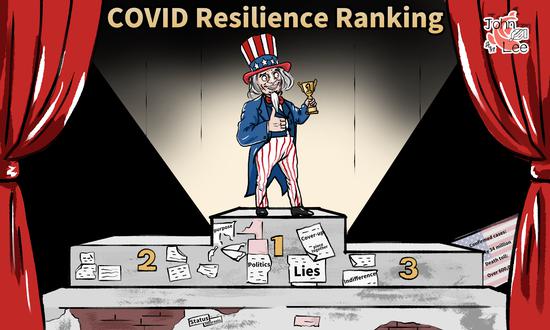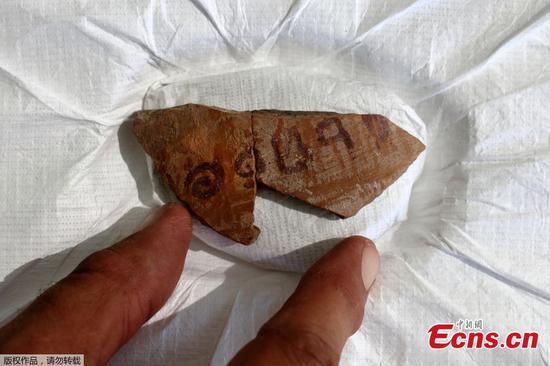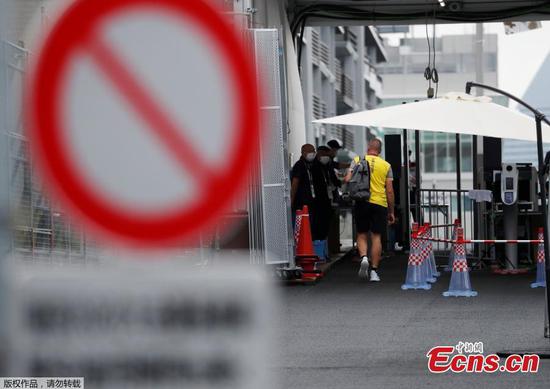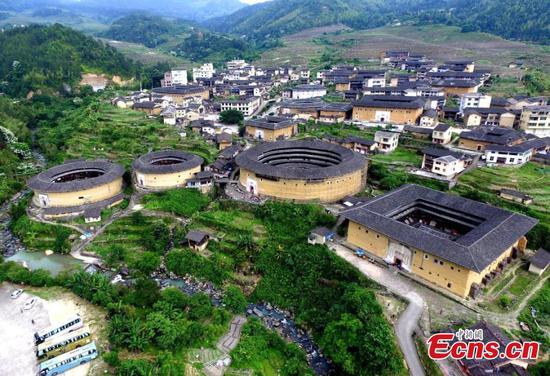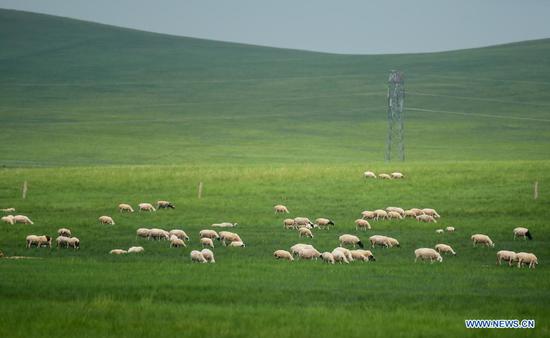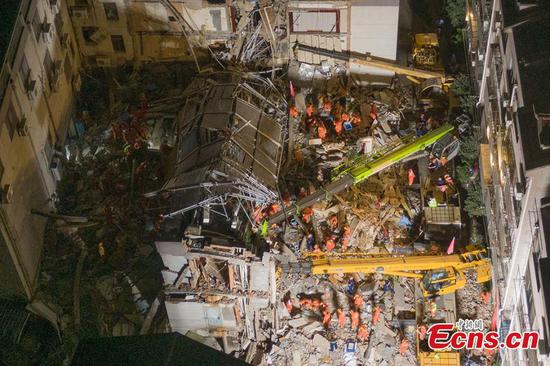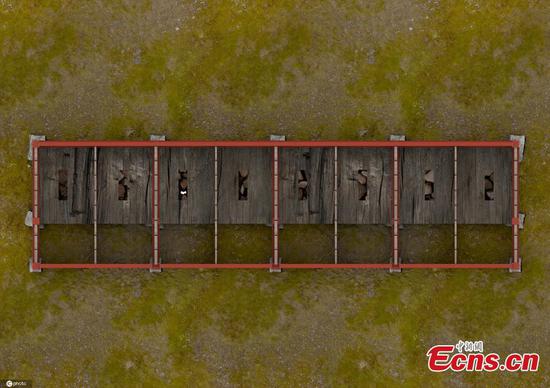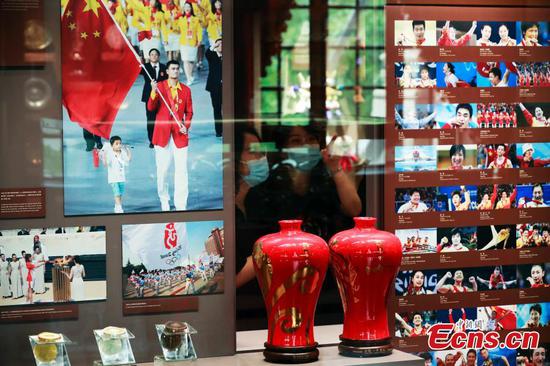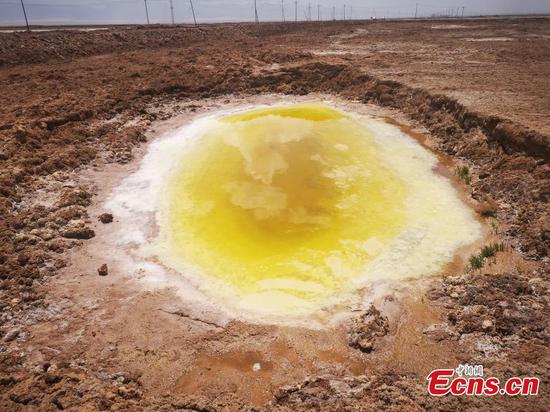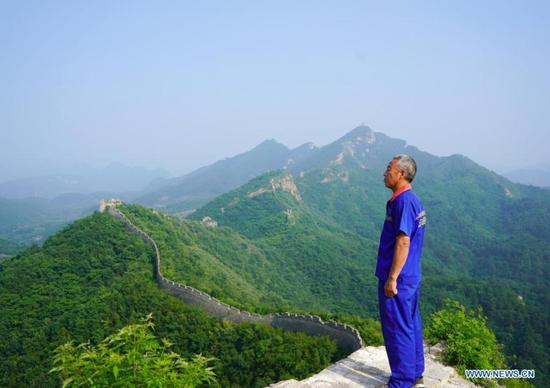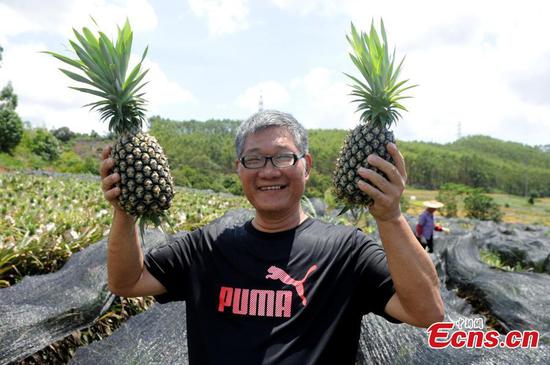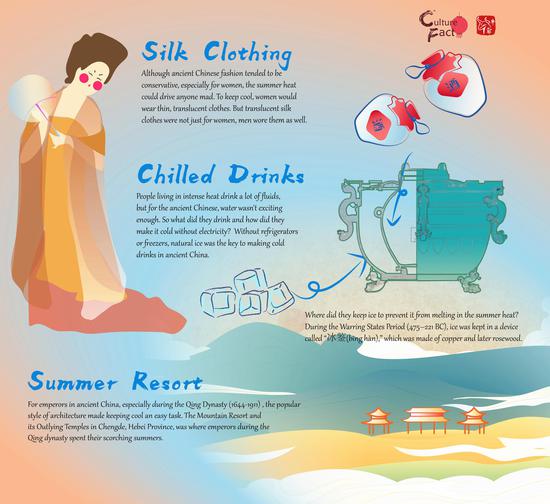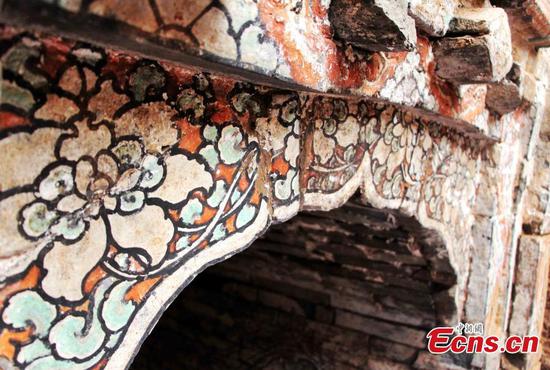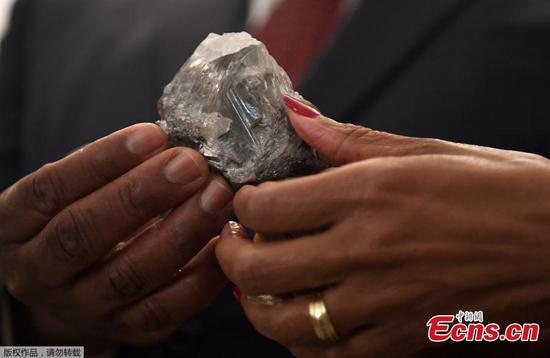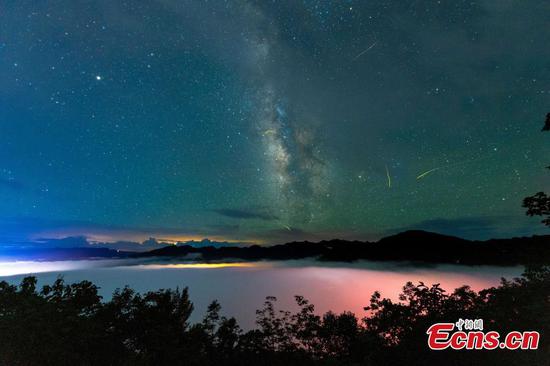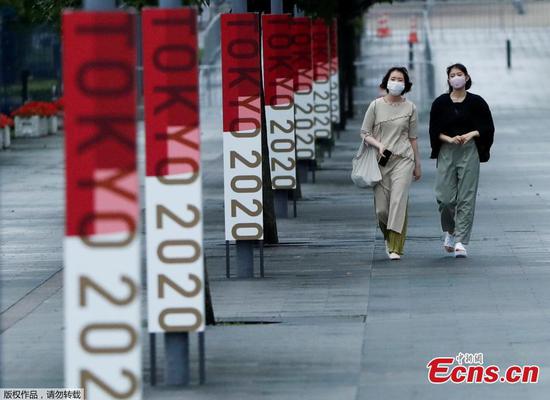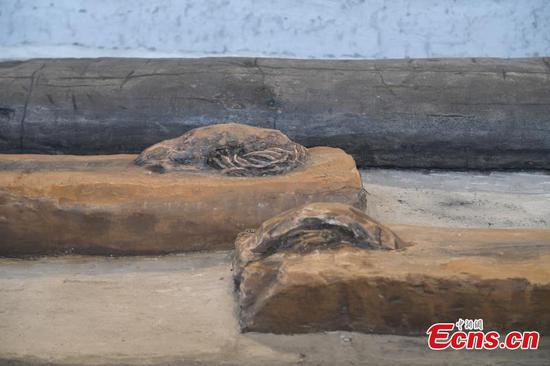Xinjiang Development Research Center
In recent years, out of the purpose to tarnish the image of Xinjiang and disturb the development in Xinjiang, some anti-China forces abroad have successively produced a number of anti-China “cultural products” including novels, films, documentary films, cartoons, stage plays and video games, which have had a bad influence in the international community. These so-called “cultural products” are imbued with ideological prejudice, telling nonexistent stories full of distorted historical views. They are suffused with the vicious attacks on Xinjiang, completely constitute blasphemy to the word “culture”.
I.False content: Exposing the ugly nature of anti-China “cultural products” related to Xinjiang
According to investigation, overseas anti-China “cultural products” related to Xinjiang involve anti-terrorism, de-radicalization, ethnicity, religion, culture, education, population, labor, human rights and many other aspects. They try to deceive readers by putting together all kinds of “appalling things” to sell their sympathy.
For example, the book Reeducation of Xinjiang Muslims, the film and television video Fear and Oppression in Xinjiang, Exposing: How China Creates the World’s Largest Prison, Xinjiang Reeducation Camp, Brainwashing and Eradicating Culture, the Chinese Government detains More Than One Million Muslims and other works claim that vocational education and training center in Xinjiang is “concentration camp”, “reeducation camp” and “detains more than one million Uygurs”. The book 209 Stories fabricated by an Indian woman writer, Jumana Shubana, through collecting, concocting and processing information such as propaganda and speculation hyped up by western anti-China forces and “three forces” and online video of testimonies by relatives of trainees from vocational education and training center, falsely alleges that China has implemented “cruel oppression” on the “East Turkistan” people, more than 3 million “East Turkistan” people have been detained in “concentration camps” and subjected to unimaginable torture, and Uygur women have been suffered and insulted in the concentration camps. The film Uygurs Are Suffering in Concentration Camps falsely claims that Uygurs have been “suppressed” in China for as long as 10 years, and that the Chinese government treats them as terrorists and imprisons them in “reeducation camps”. In fact, the vocational education and training centers established in Xinjiang in accordance with the law are all schools in nature, which are not essentially different from the DDP (Desistance and Disengagement Programme) set up in the UK and the “de-radicalization center” set up in France. They are both beneficial attempts and positive preventive explorations on anti-terrorism and de-radicalization,aiming at eliminating terrorism and religious extremism from the source. The vocational education and training center follows the concept of “providing education and economic opportunities for violent extremist groups and encouraging them to break away from violent extremist groups” advocated by UN’s Action Plan on Preventing Violent Extremism, which is fully in line with the principles and spirit of the UN Global Counter Terrorism Strategy, and is also an important measure for de-radicalization. The so-called “more than one million Uygurs have been detained” is even more untrustworthy. According to the US Grey Zone website, the data is the “conclusion” of the website of “China human rights defenders ”(CHRD) based on interviews and rough estimates of eight Uygurs, and can not stand up to scrutiny at all. In August 2019, the Information Office of the State Council of China issued the white paper Vocational Education and Training in Xinjiang, which systematically elaborates the realistic background, legal basis, learning content, management measures and remarkable results of the work. In August 2020, the CCTV Chinese international channel broadcast the documentary Lies and the Truth: Vocational Education and Training in Xinjiang, which vividly shows the learning and living conditions of the students in the vocational education and training center with real people, real stories and real scenes, and effectively refutes the lies and fallacies of some anti-China forces.
For example, the book Haze: Sunset in East Turkistan claims that “the Chinese government implements the policy of ‘religious extinction’ in Xinjiang”. In fact, Xinjiang fully implements the policy of respecting and protecting citizens’ freedom of religious belief, and ensures that religious citizens and non religious citizens enjoy the same rights in political, economic, social and cultural aspects. The state protects normal religious activities. Judging from the practical work, there are four key points needed to be pointed out. Firstly, the legitimate religious activities of Muslims of all ethnic groups are protected. Muslims of all ethnic groups can have normal religious activities according to the teachings, regulations or traditional customs of the religion either at mosque or at home based on their own wish. The government also arranges chartered planes for Muslims’ hajj in Mecca, Saudi Arabia each year and provides services along the trip except in the year of 2020 when the hajj had to be canceled for the outbreak of COVID-19. Secondly, the issue and publication of Islamic classics are guaranteed. The Xinjiang Islamic Affair Steering Committee, specially set up by the government, organized the publication of many classics including the Koran, the Essence of Buhari’s Sermon in Chinese, Uygur, Kazakh and Kyrgiz. The access to religious knowledge for Muslims have been expanded. Thirdly, the professional Islamic staff have increased significantly. There are 10 Islamic schools in Xinjiang: the Xinjiang Islamic Institute and its 8 branch schools all over Xinjiang together with Xinjiang Islamic School of Scriptures. These institutes enroll undergraduates, junior college students and secondary school students on the basis of demand. Thus the sound inheritance of Islam are guaranteed. Fourthly, the right of religious circles to participate in and discuss state affairs has been fully guaranteed. There are over 1,000 religious personnel of ethnic groups who serve as deputies in the National People’s Congress or members of the Chinese People’s Political and Consultative Conference at different level, playing their role in democratic supervision and deliberation of state affairs. While guaranteeing the freedom of religious belief, Xinjiang attaches great importance to the protection and repair of mosques.What needs to be emphasized here is that the majority of mosques in Xinjiang were built in the 1980s-1990s or even before. Some of them were built of adobe, some were narrow and some were in a state of disrepair. Thus, whenever a gale or rain strikes, normal religious activities would be disturbed. Not to mention, in case an earthquake occurs, the safety of Muslims would be threatened. Moreover, some of the mosques were laid out improperly, bringing inconveniences for Muslims in carrying out religious activities. In recent years, as urbanization and rural revitalization accelerate, in response to the appeal and application of local Muslims, combining with renovation of urban shanty areas, regulation on human settlements in rural areas, and relocation for poverty alleviation, relevant governments have well solved the problem of dilapidated mosques through building, relocation and extension of the mosques. All these measures were taken in line with the plan on urban and rural development. Muslims are content with the safer and better laid out mosques. Up till now, mosques in Xinjiang can totally satisfy the need of Muslims. On November 3, 2020, the Xinjiang Islamic Association issued The Report On the Reality of Religious Belief in Xinjiang, which comprehensively introduces the situation of freedom of religious belief in Xinjiang. The policy of respecting and protecting freedom of religious belief in Xinjiang has been positively appraised by the international community, including Muslim countries. In March 2019, The Council of foreign ministers of OIC passed a resolution to appreciate the efforts made by Xinjiang to care for the Muslim people.










